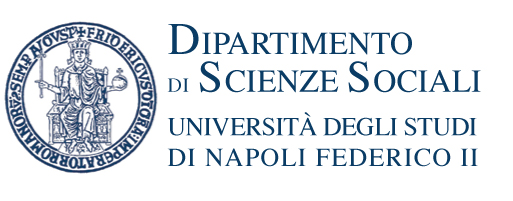Martin Lawn (University of Oxford, UK)
Emeritus Professor of Education in the School of Education, University of Edinburgh (UK) and Honorary Senior Research Fellow of the Department of Education, University of Oxford (UK). He is a Past Secretary General of the European Educational Research Association (EERA) and the founding Editor of the European Educational Research Journal (EERJ). He is a Fellow of the Academy of Social Sciences in the UK and a Visiting Professor, CELE, University of Turku, Finland. His expertise concerns education policy in the European Union; governing education systems; the rise of comparison and research in European education; and materialities in education. He participated in several EU funded project (eg: KNOWPOL, 2006-2011, and EUROCORES, 2006-2009).
Download Lawn Presentation at SUSEES 2017
The lecture concentrated on the problems of visualizing and understanding policy space in European education. As a policy and governed space, education doesn’t exist in dominant approaches to understanding European governing processes. It is rarely a case study in any collection about European governing and even now, it appears to be locked up in workings of nation state silos. It does not appear at the level of states working and dominating EU decisions, nor how European institutions absorb or incorporate national ones, nor how a supranational entity is formed. The European education space is a puzzle.
Since the late 90s, working in, and trying to analyse European governance around education and schooling, little support was located in standard approaches and texts. So, my approach to understanding this area was accumulated from positive texts or from peculiar events that I was involved in. My experience was derived from European associations I was involved in or from research projects studying Europe [which were an interesting subject of study themselves].
The way that I worked, or in the texts I found useful, I found problematization useful in understanding how social reality is constructed. This approach sees governing Europe coping with fragmentation and complexity, involving a wide range of actors who are both engaging, constructing and regulating.
The papers attached for reading are roughly in chronological order, they may overlap at times, but they are all trying to understand facets of an evolving and little studied area. The idea of a common identity in Europe, and its construction was an important starting point, and one which did not conflict with subsidiarity. It metamorphosed into the idea of learning space in a knowledge economy, and merged state with business engagement, and a wider range of actors in diverse sites of engagement. The idea of European actors who are transnational and de-territorialized, or working in an imagined space [of European education] emerged over time. The shift of identity co-exists with the shift in governing towards outputs and data.
The continuing puzzle is how to recognize and analyse the policy space of education and how it works: it is both an ill-defined space of regulation or flows, and a space of attraction and meaning. Actors are enmeshed and embedded through their engagement, and particularly through the development of standards through which they are organized and shaped, without politics.
Suggested readings
Lawn, M. (2001). Borderless education: imagining a European education space in a time of brands and networks. Discourse: Studies in the cultural politics of education, 22(2), 173-184. Lawn, M. (2008). An Intellectual Homeland: Governing mobilities and space in European education. Sage Handbook of European Studies. London: Sage. Grek, S., & Lawn, M. (2009). A short history of Europeanizing education: The new political work of calculating the future. European Education, 41(1), 32-54. Lawn, M. (2006). Soft governance and the learning spaces of Europe. Comparative European Politics, 4(2-3), 272-288. Lawn, M. (2013). The understories of european education: the contemporary life of experts and professionals. Sisyphus-Journal of Education, 1(1), 18-35. Lawn, M. (2011). Standardizing the European education policy space. European Educational Research Journal, 10(2), 259-272.


